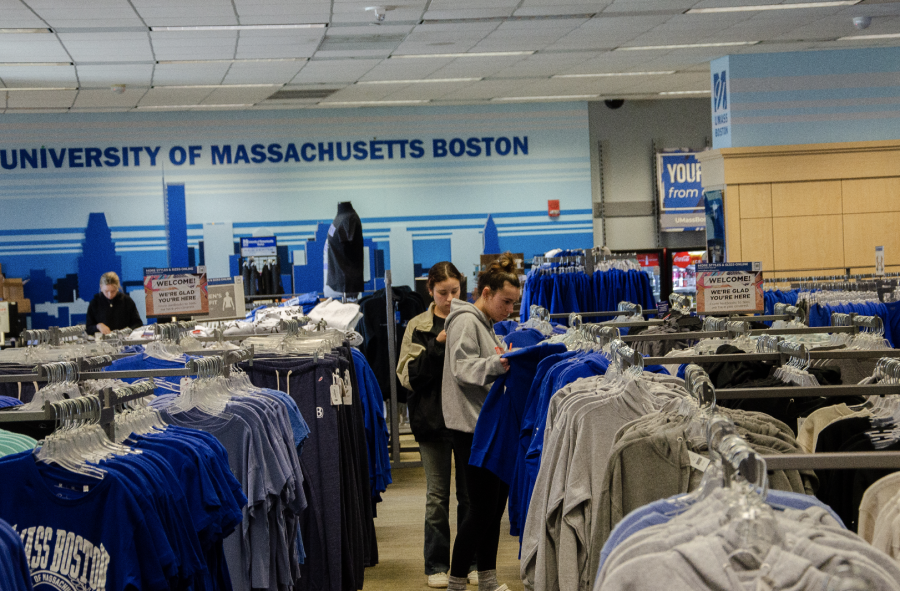Growing up in the ecosystem of interconnectedness, we get opportunities to travel the world. We grow up in a certain political and economic system which has a certain set of rules, but we might travel to, study in or work in another which is completely different to ours. This can provide us with a unique opportunity to compare and contrast various experiences. As an international student, my experience with a new system has left me with so many points to think about.
I grew up listening to the experiences of my relatives and neighbors who settled in America. Much of what they said was about how different living in the U.S. was than in India; it was the land of aspirations. Life in America was often depicted as one with better amenities, facilities and comfort. Over the years though, living standards in India have vastly improved. I always had an aspirational outlook towards the U.S. Now that I’m here, I’ve experienced many things which make me appreciate what I had back at home.
First is the supermarket experience. Maximum Retail Price is a common concept in India, but it does not universally exist in the U.S. Basically, MRP sets the highest price that can be charged by a retailer for a product, as determined by the manufacturer or importer. An example would be that of an iPhone—Apple usually decides the retail price for its products, and it’s the same across all the stores. Suggested Retail Price exists in the U.S., but it is just that—a suggestion. In India, it is punishable by law to charge above the market price, though stores can offer discounts on MRP.
This system has the practical benefit of being able to access manufactured goods across all stores at a similar price. The prices of milk, wheat flour, eggs or packed produce from the same manufacturer would have the same MRP price. In the U.S., pricing is largely left to the discretion of retailers, who can set prices based on market demand and other factors. For instance, prices of essential commodities like milk, wheat and eggs at my local market are almost double what they are at big stores such as Costco or Walmart. This means that I am spending a lot of time comparing prices between various stores.
Someone on a tight budget, such as most students, may have to travel at least once every week or two to buy things in bulk at big discount places, as stores near them are accessible, but not affordable. Back home, I could buy everyday commodities at any shop. Though free market economists would argue that marked prices by manufacturers kills competition, having them at least on essential commodities is, in my experience, such an important comfort for customers.
Another vastly different experience is the hospitals. It cannot be called “healthcare” if the first thing that we think of during the hospital visit is our bill and how much it will cost. Healthcare is unaffordable without insurance, and even worse is not knowing how much we will end up paying for immediate care. There are no standardized costs [1]. The higher price is not even reflected in the quality of services offered; my friend once had to wait for six hours in the emergency room to get a simple X-ray when he injured his elbow. Though healthcare is not great in the place where I come from, there is at least a certainty on how much we end up paying, because public healthcare is mostly free. Plus, at the private hospitals that do exist, we mostly pay before getting treated, not after.
Transportation is another big difference. I never imagined it would be so hard to commute without a personal vehicle in the U.S. Back home, public transportation is much more widely available and commonly used compared to the United States. The pricing system in Boston is also confusing, since we pay a standard rate of $2.50 for each ride on the T, regardless of the distance traveled. Back home, in India, we are charged for the distance traveled instead of the ride; so, it’s more affordable to use public transport, especially for shorter distances.
The intention of this article is not to devalue life in the U.S., but to highlight that things are different elsewhere. There are so many things to love about this country—the timely emergency services, a great higher education system, better infrastructure—especially highways—better air and water quality, less noise pollution, fewer social constraints to follow one’s passions and dreams, liberal return policies in stores and much more. But no matter how good we might have it, we can always learn so much from each other’s experience. There is something to learn from everyone; even people from war torn countries can bring exciting and valuable ideas from their country to the table, which we can then adopt. Every nation has at least something of value within their social, economic or political systems.
There are many other things I miss about India, like the food, the people and my family. But even everyday things that I never really thought about while in India seem conspicuously missing here in the U.S; public toilets, easier QR code payments without surcharges, shopping centers being open until 10 p.m. even on Sundays and many more.
Negativity bias affects most of us, sometimes causing our brains to focus too much on bad things and forget about the good things. We may often fail to appreciate the positive things about our family, society, culture or country. Travelling can broaden our perspective on what is possible, but it can also solidify our perceptions of the place we come from. Living in the U.S. has helped me to appreciate many things that I normally would have taken for granted back in India. Even something as mundane as shopping at a supermarket can be a reflection on how things would be different, or even better, back home.
Citations:
[1] Lack of standardized costs





















































